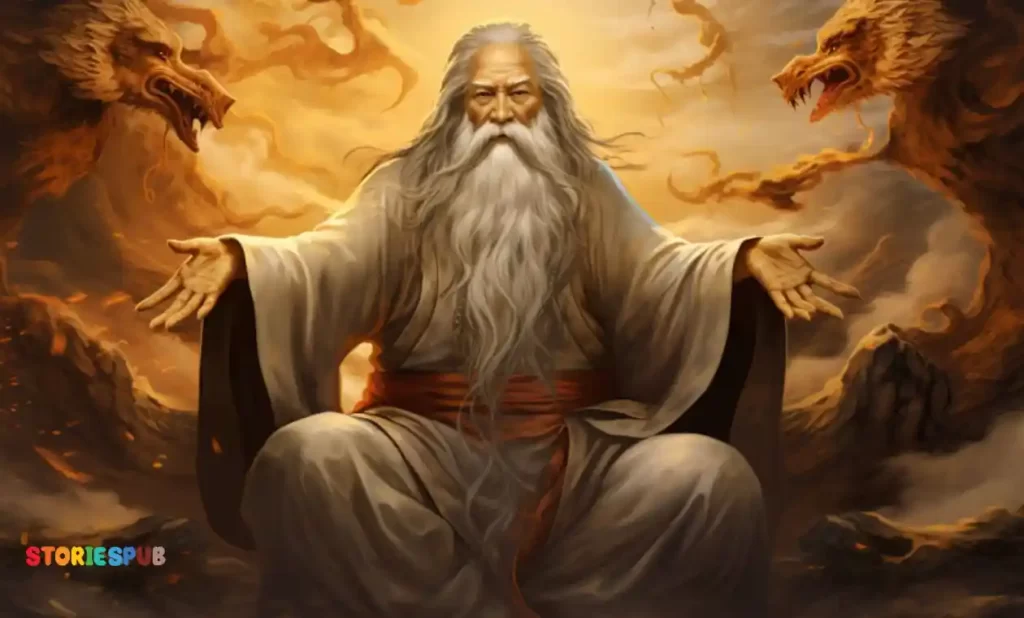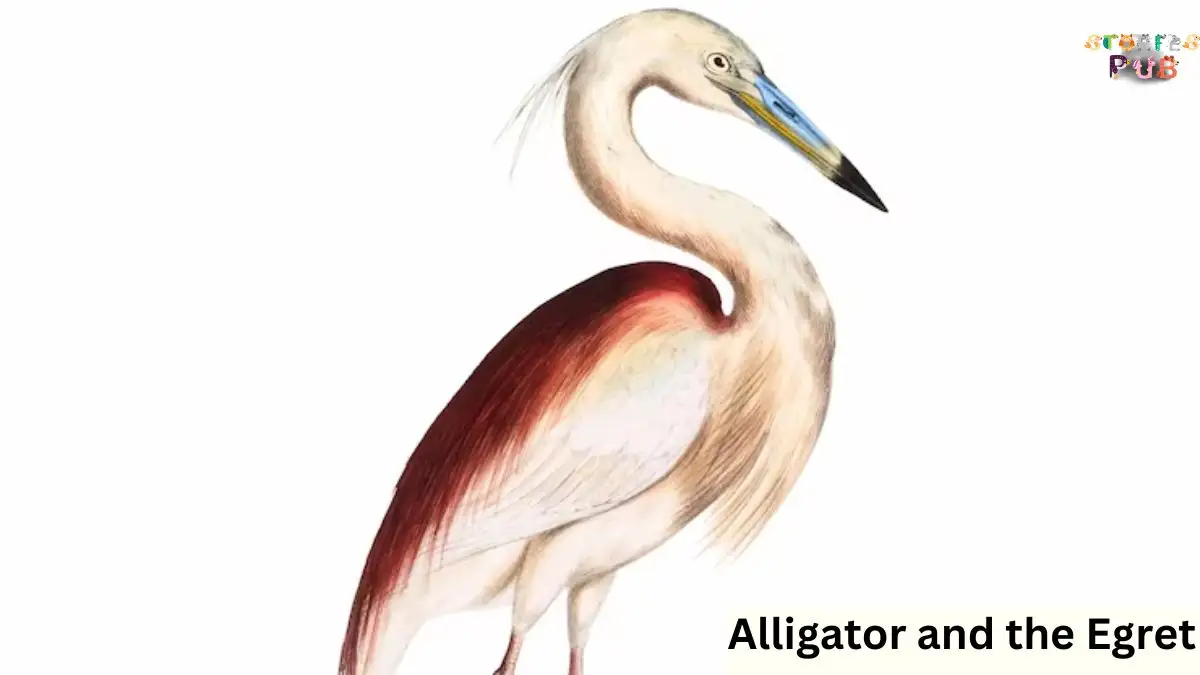Summarize this Article with:

Laozi’s birth and early life are shrouded in mystery, and much of what is known about him comes from legend and folklore. According to one story, Laozi was conceived when his mother saw a falling star and became pregnant with him around 604 BCE in the state of Chu. Another legend states that Laozi was born as an old man with a white beard and a serene expression, already possessing the wisdom and knowledge that would make him famous.
Despite the lack of concrete information about his early life, it is widely believed that Laozi was a scholar and a keeper of the imperial archives in the Zhou Dynasty. The imperial archives were responsible for maintaining records and documents related to the ruling family and the government, and it was a prestigious and important position.
Laozi’s reputation as a wise man and philosopher grew as he developed a deep understanding of the Tao, the natural way of the universe. The Tao is the foundation of Taoism, and it is often described as the underlying principle that governs all of existence.
Laozi believed that the Tao was the key to understanding the mysteries of the universe and achieving inner peace and enlightenment. He wrote a book called the Tao Te Ching, which is considered to be one of the most important texts in Taoism.
The Tao Te Ching is a collection of 81 short poems and verses that express Laozi’s teachings about the nature of the universe and the human experience. The book is written in a style that is both simple and profound, and it is filled with insights and wisdom about the nature of life, the universe, and the human experience.
The Tao Te Ching is not just a religious text, but also a philosophical and spiritual guidebook that offers guidance and wisdom for anyone seeking to live a more fulfilling and enlightened life. It emphasizes the importance of living in harmony with nature and the Tao, and it offers practical advice for achieving inner peace and enlightenment.
Some of the key themes in the Tao Te Ching include the importance of balance and harmony, the power of simplicity and humility, and the idea of Wu Wei, or “non-action”. Wu Wei is the concept of allowing things to happen naturally, without trying to force them or interfere with the natural order of things.
Laozi’s teachings have had a profound impact on Chinese culture and history, and his ideas about the Tao, Yin and Yang, and the importance of balance and harmony continue to influence Chinese philosophy and spirituality to this day. The Tao Te Ching is considered a foundational text of Taoism, and it has been translated into many languages and read by millions of people around the world.
The Tao Te Ching is a collection of poems and verses that express the teachings of Laozi. It is written in a style that is both simple and profound, and it is filled with insights and wisdom about the nature of life, the universe, and the human experience.
One of the main teachings of Laozi is the concept of Wu Wei, which means “non-action” or “effortless action”. This concept emphasizes the importance of going with the flow of the universe, rather than trying to force things to happen. Laozi believed that by following the Tao and living in harmony with nature, we can achieve inner peace and fulfillment.
Legend has it that Laozi lived to be over 100 years old, and that he achieved immortality by riding on the back of a water buffalo and disappearing into the clouds. This legend is a symbol of Laozi’s spiritual enlightenment and his deep understanding of the mysteries of the universe.
Laozi’s teachings had a profound impact on Chinese culture and history. His ideas about the Tao, Yin and Yang, and the importance of balance and harmony continue to influence Chinese philosophy and spirituality to this day.
Laozi was also known for his relationship with Confucius, another famous philosopher who lived around the same time. While Confucius emphasized the importance of social order and hierarchy, Laozi focused on the importance of inner peace and self-cultivation.
In Taoism, Laozi is revered as a deity and a sage. He is often depicted as an old man with a long beard, wearing a simple robe and carrying a walking stick.
Some of the most famous quotes attributed to Laozi include “The journey of a thousand miles begins with one step” and “Nature does not hurry, yet everything is accomplished.” These quotes express the essence of Laozi’s teachings and his belief in the power of patience, simplicity, and living in harmony with the natural world.
Today, Laozi’s teachings continue to have a significant impact on philosophy and spirituality around the world. His ideas about the Tao, Wu Wei, and inner alchemy have influenced countless thinkers and spiritual seekers, and his wisdom continues to inspire and guide us in our journey through life.
In conclusion, Laozi was a wise and enlightened philosopher who devoted his life to understanding the mysteries of the universe. His teachings about the Tao, Wu Wei, and inner peace continue to inspire and guide us to this day, and his legacy as a spiritual leader and sage will live on for generations to come.
Hey kids, how much did you like Taoist Deity: Laozi and His Teachings? Please share your view in the comment box. Also, please share this story with your friends on social media so they can also enjoy it, and for more such Chinese Mythology, please bookmark storiespub.com.
Related Post :
FAQ about Laozi
Who was Laozi?
Laozi was a wise man who lived in ancient China and is revered as a deity and a sage in Taoism. He is best known for his book, the Tao Te Ching, which is considered one of the most important texts in Taoism.
What is Taoism?
Taoism is a spiritual and philosophical tradition that originated in ancient China. It emphasizes the importance of living in harmony with the Tao, the natural way of the universe.
What is the Tao Te Ching?
The Tao Te Ching is a book written by Laozi that contains teachings about the Tao, Yin and Yang, and the importance of balance and harmony. It is considered one of the most important texts in Taoism.
What are the main teachings of Taoism?
The main teachings of Taoism include the importance of living in harmony with nature, the concept of Wu Wei, or "non-action", and the pursuit of inner peace and enlightenment.
What is Wu Wei?
Wu Wei is the concept of allowing things to happen naturally, without trying to force them or interfere with the natural order of things. It is an important principle in Taoism.
What is Yin and Yang?
Yin and Yang are opposing forces in the universe that are complementary and interconnected. Yin represents feminine energy, while Yang represents masculine energy.
How did Laozi become a deity in Taoism?
Laozi became a deity in Taoism due to his profound wisdom and understanding of the Tao. He is revered as a spiritual leader and sage, and his teachings continue to inspire and guide Taoists around the world.
What is the role of Laozi in Chinese culture and history?
Laozi has had a significant impact on Chinese culture and history, and his ideas about the Tao, balance and harmony, and inner peace continue to influence Chinese philosophy and spirituality to this day.
What is the significance of Laozi's teachings in modern times?
Laozi's teachings are still relevant in modern times and continue to inspire people around the world. They offer practical guidance for achieving inner peace and enlightenment, and emphasize the importance of living in harmony with nature.
How has Taoism influenced philosophy and spirituality around the world?
Taoism has had a significant impact on philosophy and spirituality around the world. Its emphasis on balance and harmony, inner peace, and the natural way of the universe have influenced countless thinkers and spiritual seekers throughout history.














